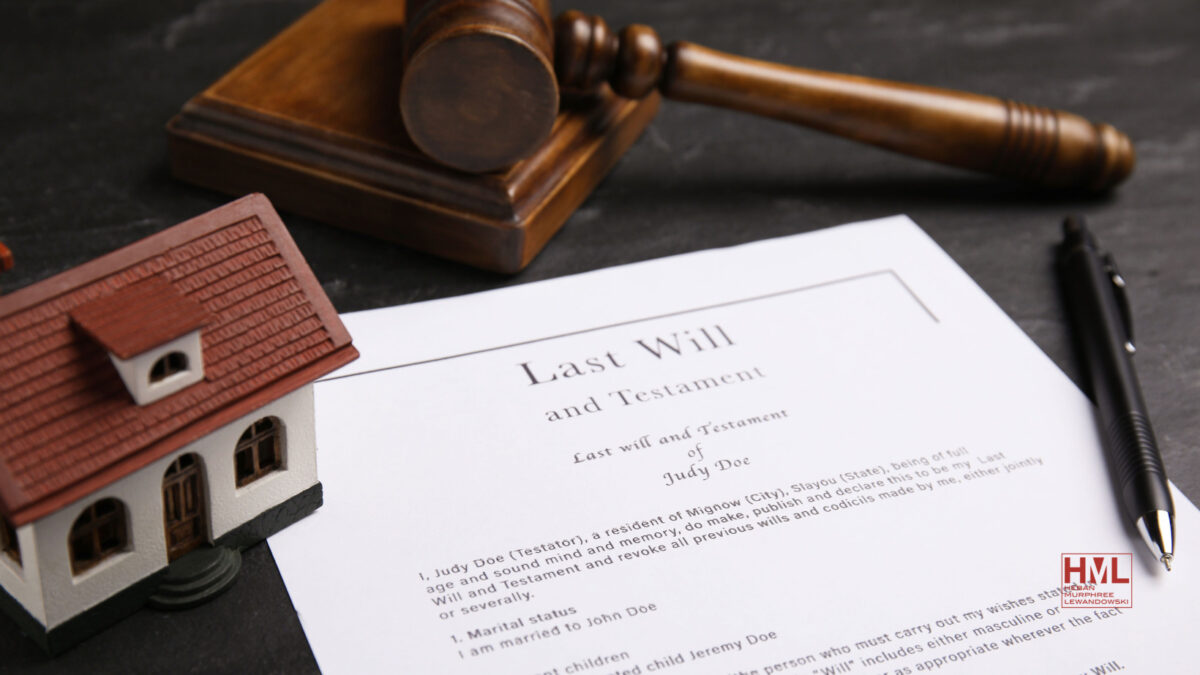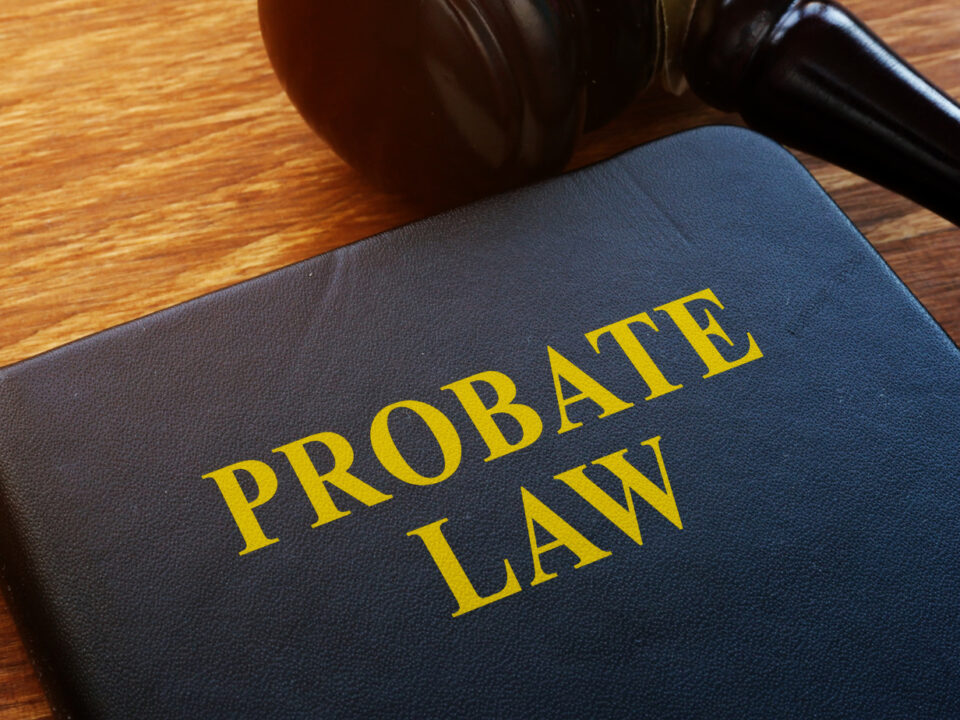- EXPERIENCED LAW FIRM IN TOLEDO, OH
- (419) 662-3100
What Qualifies as a Small Estate in Ohio?

Executor Mistakes to Avoid in Ohio Probate
July 5, 2025
Lucas County Probate Process Explained
July 7, 2025Do You Need Probate for a Small Estate?
What happens when there’s more debt than money in an estate? It’s a question no one wants to face, especially when a loved one passes away and leaves behind not a legacy, but a pile of unpaid bills. Fortunately, Ohio law provides a process for handling insolvent estates. But it’s not always easy, and the rules can be confusing.
If you’re dealing with an estate that can’t cover its expenses, here’s what you need to know and how to protect yourself along the way.
What Is an Insolvent Estate?
An estate is considered insolvent when its debts exceed its assets. In other words, after tallying up everything the deceased owned, bank accounts, real estate, vehicles, and personal items, there’s not enough value to pay off funeral costs, taxes, creditors, or final expenses.
This isn’t as rare as you might think. Many Ohioans die with some combination of medical bills, credit card debt, loans, or mortgages. If they didn’t leave behind enough assets, or if most of their property passed directly to others through joint ownership or beneficiary designations, the estate might not have the cash to make everyone whole.
Does the Family Have to Pay the Debts?
The short answer is no, family members are not personally responsible for covering the debts of a deceased loved one. All valid debts are paid out of the estate itself. If there isn’t enough money to cover everything, creditors often go unpaid.
But that doesn’t mean you can start handing out heirlooms or closing accounts. Ohio requires a formal probate process, even for insolvent estates, to ensure that debts are handled in the correct legal order. Skipping this process can result in serious consequences, including lawsuits or claims against the estate.
That’s why probate court uses a strict hierarchy for who gets paid first. The order goes…
- Administrative costs – Court fees, legal fees, and executor costs are top priority.
- Funeral and burial expenses – Up to the allowable limit as specified by Ohio law.
- Support allowance – For surviving spouses or minor children, if eligible.
- Taxes and government debts – Including federal and state obligations.
- Other unsecured debts – Like credit cards, medical bills, and personal loans.
What If Creditors Start Calling Me?
It’s not uncommon for family members, especially those listed in the will or handling the funeral arrangements, to start receiving calls from creditors. Some may sound aggressive or imply you’re personally on the hook. Others may ask you to forward payment from life insurance proceeds or inherited property.
Stay calm. Creditors can only collect from estate assets unless you were a co-signer, guarantor, or otherwise legally responsible for the debt. If they contact you, refer them to the estate’s attorney or administrator.
And don’t agree to pay anything until you’ve spoken with a probate lawyer. Even well-meaning actions like using your own funds to cover a bill can complicate the probate process and reimbursement rights.
What About Assets That Avoid Probate?
Certain assets, like jointly held property, payable-on-death bank accounts, or life insurance with a named beneficiary, do not pass through the estate. These are called non-probate assets, and they typically go directly to the person named, outside of creditor reach.
That said, creditors can sometimes attempt to recover those assets if the estate is insolvent and the transfers violate certain legal requirements. It’s not common, but it can happen. Again, this is a good reason to consult with an experienced attorney if the estate is in financial distress.
The Order of Who Gets Paid
Ohio law outlines a specific order for who receives payment first. The estate’s administrator doesn’t get to decide who is more deserving or which bills are most pressing. The court follows a priority system, and here’s the general order:
- Costs of administration – This includes court costs and fees for attorneys or executors.
- Funeral and burial expenses – Up to certain limits.
- Family allowance – A support allowance for the surviving spouse or minor children.
- Debts owed to the state or federal government – Such as taxes or Medicaid claims.
- Other unsecured debts – Like credit cards, personal loans, or medical bills.
Should You Still Open the Estate If There’s Nothing Left?
Yes, and in fact, you should. Even when there’s no money for heirs, the probate court provides legal closure. It protects you from future claims, confirms that all debts were addressed properly, and officially ends the decedent’s financial affairs.
Additionally, if the estate includes something like a house or car that still retains value, even if it’s mortgaged, you’ll need court authority to sell, transfer, or walk away from it. Without opening probate, you may find yourself stuck in limbo.
How a Lawyer Can Help You Avoid Mistakes
Insolvent estates come with unique challenges. It’s easy to make a misstep: paying the wrong creditor first, ignoring court deadlines, or assuming a will changes the rules about who inherits the estate.
An experienced Ohio probate attorney can walk you through the process, file the necessary paperwork, and help you avoid personal liability. They’ll ensure that the estate is handled according to law and that you aren’t blamed for things beyond your control.
Don’t Panic, but Don’t Delay
Settling a loved one’s debts is never pleasant. But you’re not alone, and you’re not expected to do it all perfectly without help. Ohio law is designed to create order out of a tough situation. As long as the estate is opened, administered properly, and closed with the court’s approval, you’ve done your job.
At Heban, Murphree & Lewandowski, LLC, we help families with every type of estate, whether large or small, and even those burdened by debt. If you’re unsure where to begin or worried about how to handle creditor claims, we’re here to guide you with clarity and compassion.
Call (419) 662-3100 or contact us to schedule a confidential consultation.









